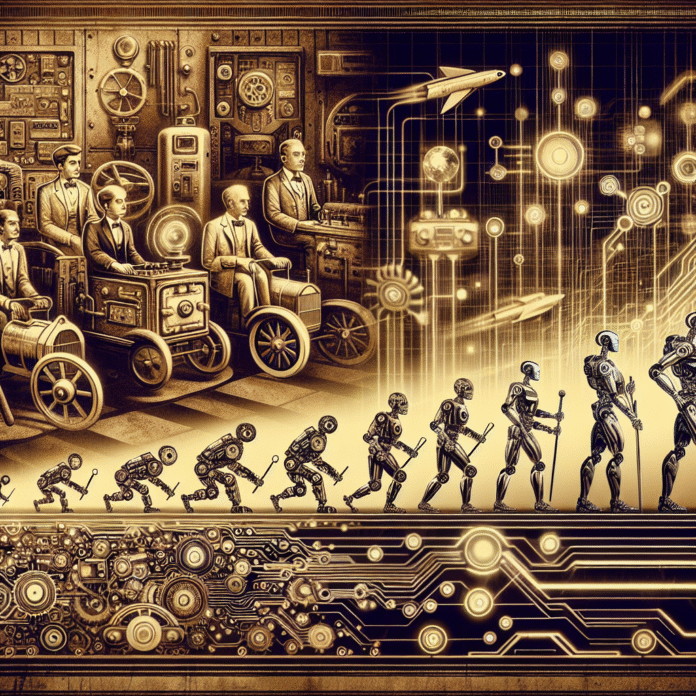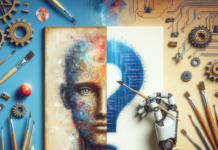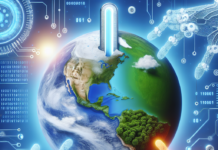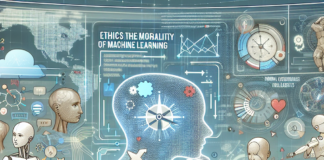From Science Fiction to Reality: The Evolution of Artificial Intelligence
Introduction
Artificial Intelligence (AI) has transitioned from the realm of science fiction to an integral part of our everyday lives. From early literary works to cutting-edge technology, AI has continuously evolved, reshaping how we interact with the world.
Early Concepts of AI in Literature
The notion of artificial beings possessing intelligence can be traced back to ancient myths and legends. However, modern representations began in the 19th and 20th centuries. Authors such as Karel Čapek in his play “R.U.R.” (Rossum’s Universal Robots) introduced the term “robot,” sparking discussions about robotic beings and their potential roles.
Isaac Asimov’s works further explored AI, introducing the famous “Three Laws of Robotics” that continued to influence ethical discussions around AI’s development and implementation.
The Birth of Modern AI
The journey of modern AI began in the mid-20th century. In 1956, the Dartmouth Conference marked the official founding moment of AI as a formal field of study. Early pioneers such as John McCarthy, Alan Turing, and Marvin Minsky laid the groundwork for machine learning algorithms and computational models.
From Expert Systems to Machine Learning
The 1980s saw the rise of expert systems, which utilized human knowledge to perform specific tasks. However, the limitations of these systems led to a decline in AI interest during the “AI winter.” Despite this setback, advancements in computational power and data availability in the 21st century reignited interest in AI.
Machine learning, particularly deep learning, became the focus of research efforts. The creation of neural networks mimicking human brain functions led to significant breakthroughs in natural language processing, image recognition, and autonomous systems.
AI in Daily Life
Today, AI is ubiquitous, transforming industries such as healthcare, finance, and transportation. Voice assistants like Siri and Alexa, recommendation algorithms on Netflix, and autonomous vehicles demonstrate how AI is woven into the fabric of daily life.
AI’s ability to process vast amounts of data quickly and accurately presents both opportunities and ethical challenges, leading to ongoing discussions about privacy, bias, and the future of work.
The Future of AI
As AI technology continues to evolve, the potential applications seem limitless. Innovations like quantum computing may offer unprecedented capabilities, while discussions regarding the ethical implications and regulation of AI grow increasingly vital.
While the journey from science fiction to reality has been remarkable, the ongoing evolution of AI promises to reshape our future in ways we can only begin to imagine.
More related articles- Tracing AI’s path reveals how it has grown from early theoretical models and rule-based systems to sophisticated machine learning and deep learning technologies capable of mimicking human intelligence. The story of AI is not just about machines learning to think but also about humanity’s quest to push the boundaries of possibility, reshaping industries, economies, and the very way we live and work.







